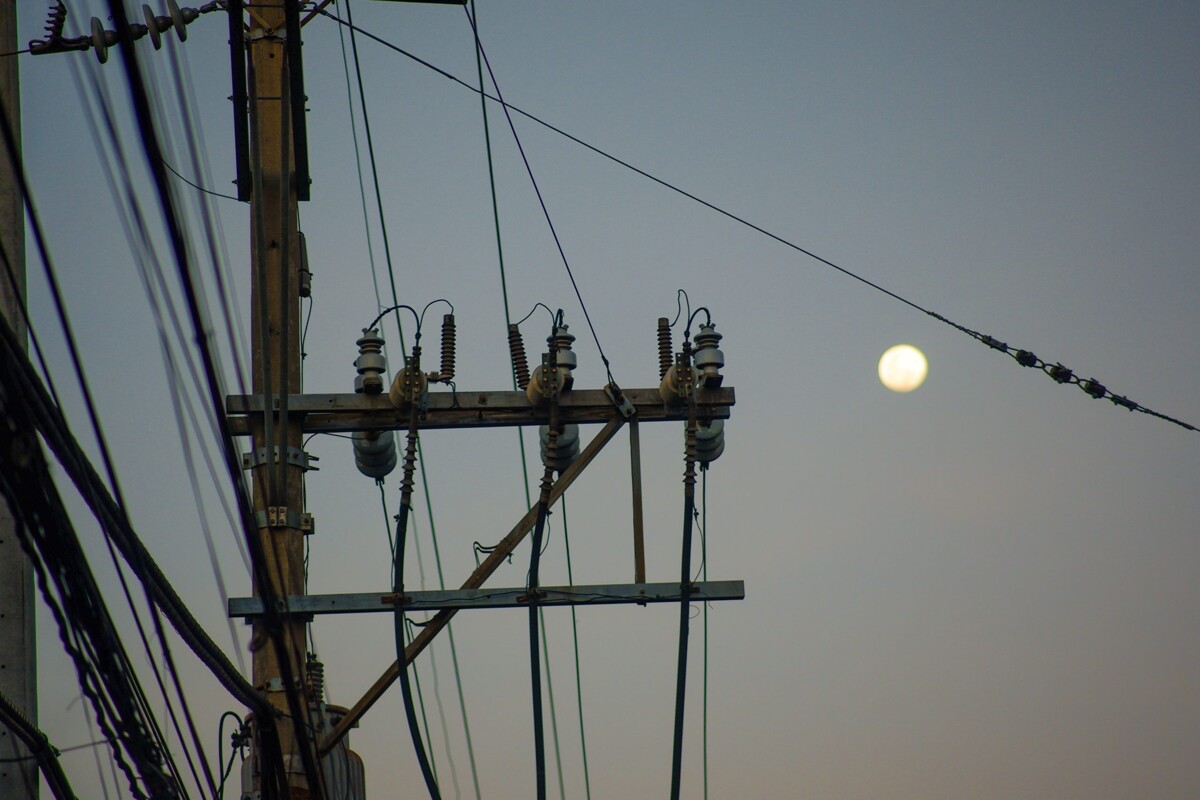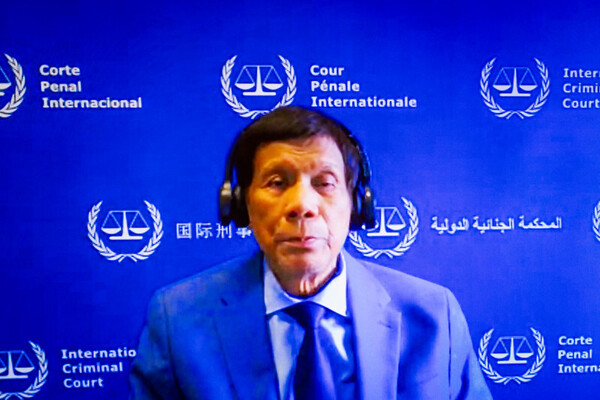
The government is taking steps to ensure stable electricity during the upcoming May 12 midterm elections in the Philippines. The Anti-Obstruction of Power Lines Act, also known as 11361, is being enforced to protect the country's power infrastructure.
The Energy Task Force on Election (ETFE), led by the Department of Energy (DOE) and involving various agencies such as the Comelec, Armed Forces of the Philippines, Philippine National Police, and Bureau of Fire Protection, is working to guarantee uninterrupted power supply during the voting, transmission, and canvassing stages of the elections.
Presidential Communications Undersecretary and Palace Press Officer Claire Castro emphasized the importance of ensuring a smooth flow of electricity to protect the public and maintain the stability of the national grid during the elections. She mentioned that proactive measures are being implemented by the DOE, in collaboration with other agencies and private sector partners, to prevent any power disruptions throughout the electoral process.
As part of these efforts, the DOE has instructed the National Grid Corporation of the Philippines (NGCP), the National Electrification Administration (NEA), electric cooperatives, and private distribution utilities to immediately remove any obstructions, such as illegally placed campaign materials, that could jeopardize safety and power supply. The DOE is also working closely with local government units and the Comelec Special Task Force Baklas to ensure the swift and safe removal of these hazards.
Castro highlighted that the Comelec has identified numerous cases of campaign posters mounted on electric poles and power lines, which not only violate election rules but also pose significant safety risks. These joint initiatives aim to comply with the Anti-Obstruction of Power Lines Act and safeguard the integrity of the electoral process.














